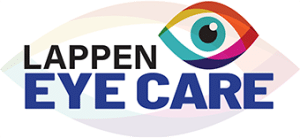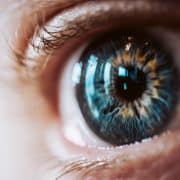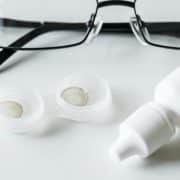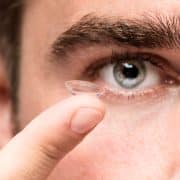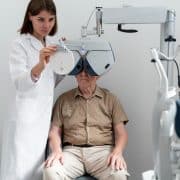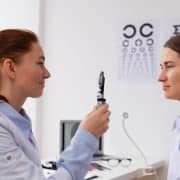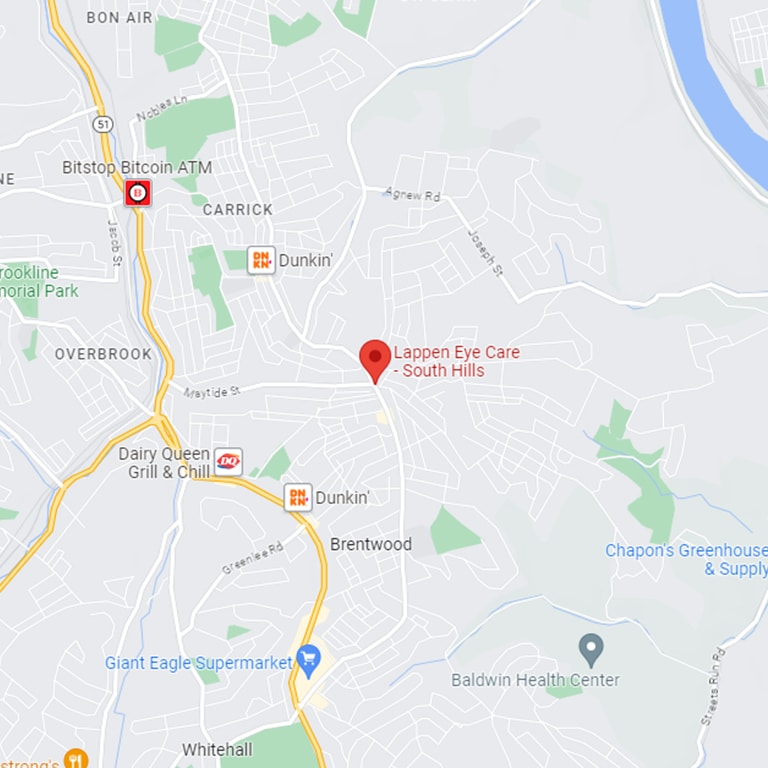Tips for Reducing Your Risk of Macular Degeneration
Do you have trouble seeing in low light conditions? Or is your vision blurry? These are possible signs of an eye disease known as macular degeneration. It mostly occurs as people age, but you can also get it earlier. Our optometrists in Pittsburgh, PA, at Lappen Eye Care provide care for this condition when needed. But you may be able to reduce your risk of this disease with the following tips.
Watch Your Blood Pressure
High blood pressure increases your risk of developing this disease. Work on maintaining healthy blood pressure levels to protect your eyes and vision, such as exercising, limiting unhealthy foods, and taking blood pressure medication if needed.
Stay Within a Healthy Weight Range
Being overweight is another risk factor for having macular degeneration. If you have excess weight, try to lose those pounds through healthy eating and physical activity.
Give Up Cigarettes
Do you smoke? Being a smoker boosts your chance of having macular degeneration and other eye problems, especially as you get older. Make an effort to quit smoking to lower your risk of developing harmful eye conditions.
Follow the Mediterranean Diet
Studies show that this diet helps lower the risk of age-related macular degeneration. Include staples of this diet, such as leafy vegetables, salmon, whole grains, and nuts, in your meal plans to give your eyes added protection from this disease.
Schedule Eye Care in Pittsburgh!
Are you concerned about having macular degeneration or other eye conditions? Routine eye exams at Lappen Eye Care can help us catch these conditions early! We offer macular degeneration treatment in Pittsburgh, PA, along with treatment for other eye diseases. Make an appointment at one of our locations in Pittsburgh, Greensburg, South Hills, or McMurray.

